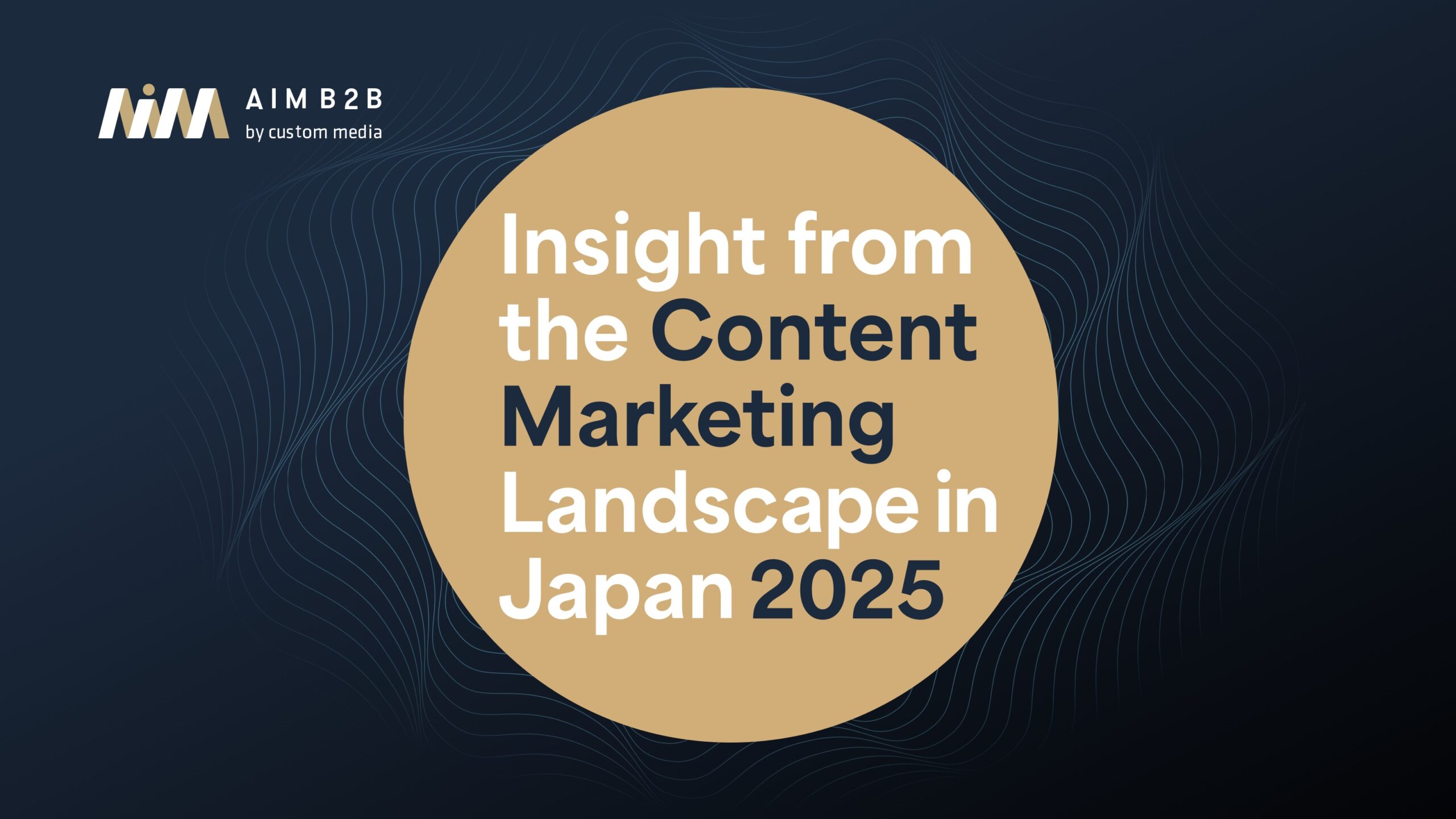- Longform
・ July 10, 2025
Insight from the Content Marketing Landscape in Japan 2025

Table of Contents
Share
Executive Summary
Japan is a market like no other. As Asia’s second-largest economy, it continues to be a hub of innovation across sectors and a global leader in industries such as advanced manufacturing, healthcare and technology. But what really sets the Japanese market apart is how business gets done. The marketing environment here remains uniquely Japanese: deep-rooted values, nuanced communication styles and high expectations for quality differ significantly from global norms.
In 2025, digital transformation and shifting demographics are accelerating changes in how companies connect with their audiences. Japanese consumers and B2B decision-makers alike expect highly localized, culturally attuned messaging delivered through trusted platforms in the right format and at the right moment. Meanwhile, the integration of generative AI into marketing workflows is gaining traction—and becoming an emerging challenge. In Japan, where adoption of AI has been more cautious, the question isn’t whether to use AI, but how to use it in a way that aligns with Japan’s high standards for quality and trust.
At Custom Media, we help global businesses succeed in Japan through AIM B2B, our dedicated agency that blends our publishing heritage with deep storytelling expertise and global marketing know-how. As part of Custom Media, an award-winning content and communications firm with strong local roots and a proven track record, AIM B2B offers the insight and network needed to navigate Japan’s distinct business landscape.
To gain an in-depth understanding of the market and where it’s headed, we conducted a survey of B2B marketing leaders—from global heads of communications to local strategists—across a range of industries. The findings highlight emerging trends in content marketing platforms, reaffirm the power of storytelling and shed light on the growing challenge of integrating generative AI in a way that respects Japan’s cultural expectations and brand standards.
Key Learnings
A large majority of the companies surveyed this year reported having a defined content marketing strategy—65%, to be exact. However, this marked a slight decline from last year’s 75.6%, suggesting a growing need for clarity and alignment in strategic planning. For those with a strategy in place, the main goals remained consistent: brand awareness and lead generation were once again top priorities, followed by thought leadership and customer engagement.
Storytelling continued to play an important role in helping companies communicate their value propositions and executing their content marketing. Whether through brand narratives, case studies or customer testimonials, respondents saw storytelling as an effective way to humanize their messaging and stand out in a crowded marketplace.
But building compelling content isn’t without its challenges. Time and resource limitations were cited by a large majority of respondents, along with the difficulty of creating diverse content formats and maintaining consistency across channels. Scaling production without sacrificing quality proved to be another common pain point. As a result, many companies have turned to outsourcing key activities to keep up with demand.
Compared to last year’s more cautious tone, the adoption of generative AI has accelerated, and a majority of respondents identified AI proficiency as the most crucial skill for content marketers to master in the next 1-3 years. That said, most respondents expressed caution around over-reliance on AI. Concerns about quality and accuracy, loss of creativity and ethical considerations were common. While many marketers expressed optimism about AI’s potential, a majority of respondents said that human editors always review AI-generated content, indicating that human oversight remains a critical part of the process.
While spending remained closely tied to internal resources and ROI expectations, a majority of respondents allocated up to 25% of their overall marketing budget to content—highlighting its growing importance in modern marketing strategies.
Taken together, these findings reinforce a familiar truth: content remains at the heart of effective marketing. But they also reflect a changing landscape, one where success depends not only on output, but also on strategic alignment, compelling storytelling, AI integration and an intimate understanding of audience needs and market dynamics.
About the Study
Survey Respondents & Methodology
To help B2B companies better understand the impact of content marketing in Japan, we gathered insights from 60 professionals across a range of industries and roles within their organizations. The survey was conducted between April 15 and June 15, 2025.
Seniority Level
Size of companies represented
Top 5 industries surveyed
83.3%
of respondents highlighted AI proficiency as the most crucial skill for content marketers within the next 1-3 years.
Top 3 skills for marketers in the next 1-3 years
83.3
%
AI proficiency
65
%
Data analysis
53.3
%
Creative writing
Last year, over half of respondents reported not using generative AI tools yet.
This year, nearly three-quarters of respondents are now using generative AI to some extent or extensively.
94.2%
of respondents believe that
generative AI tools will have a
somewhat or mostly positive impact on content marketing.
Top 3 AI tools that respondents use or plan to use
88.2
%
ChatGPT
45.1
%
Gemini
21.6
%
Perplexity
Types of content generated with AI
64.7
%
Translations
56.9
%
Ad copy
49
%
Email content
43.1
%
Social media
41.2
%
Blog posts
88.2%
said they always have
human editors check
AI-generated content.
Top 5 concerns about using AI in content marketing
76.7
%
Quality and accuracy
60
%
Loss of creativity
41.7
%
Dependence on AI
35
%
Ethical concerns
25
%
Plagiarism
65%
of respondents have a defined
content marketing strategy,
compared to 75.6% from last year’s survey.
Budget percentage allocated to content marketing
96.7%
of respondents thought that storytelling was at least moderately significant in capturing audience attention and building brand engagement, compared to 95% from last year.
70%
of respondents incorporate storytelling into their content marketing strategies for brand narratives, followed by case studies and customer testimonials.
Top 5 content formats
80
%
Social media posts
70
%
Blog posts
58.3
%
Case studies
40
%
Videos
40
%
Webinars
Top 5 objectives
for using content marketing
81.7
%
Brand awareness
75
%
Lead generation
55
%
Thought leadership
51.7
%
Customer engagement
50
%
SEO and GEO
30%
of respondents said that thought leadership was essential to their company’s content marketing strategy.
80%
said that the biggest challenge in developing thought leadership content was time and resource constraints.
55%
of respondents outsourced part of their content marketing, compared to 62% last year.
Top outsourced work
69.7
%
Video production
57.6
%
Writing
54.5
%
Translation
45.5
%
Graphic design
42.4
%
Website design
of respondents said that creating content for diverse formats and channels is a challenge for their organization.
The key challenges were
46.7
%
Consistent production
43.3
%
Resource allocation
38.3
%
Audience reach
36.7
%
Standing out
35
%
Narrative creation
Thank You
We sincerely thank all the professionals who completed the survey and shared their insights. Your contributions were invaluable to the creation of this report.





